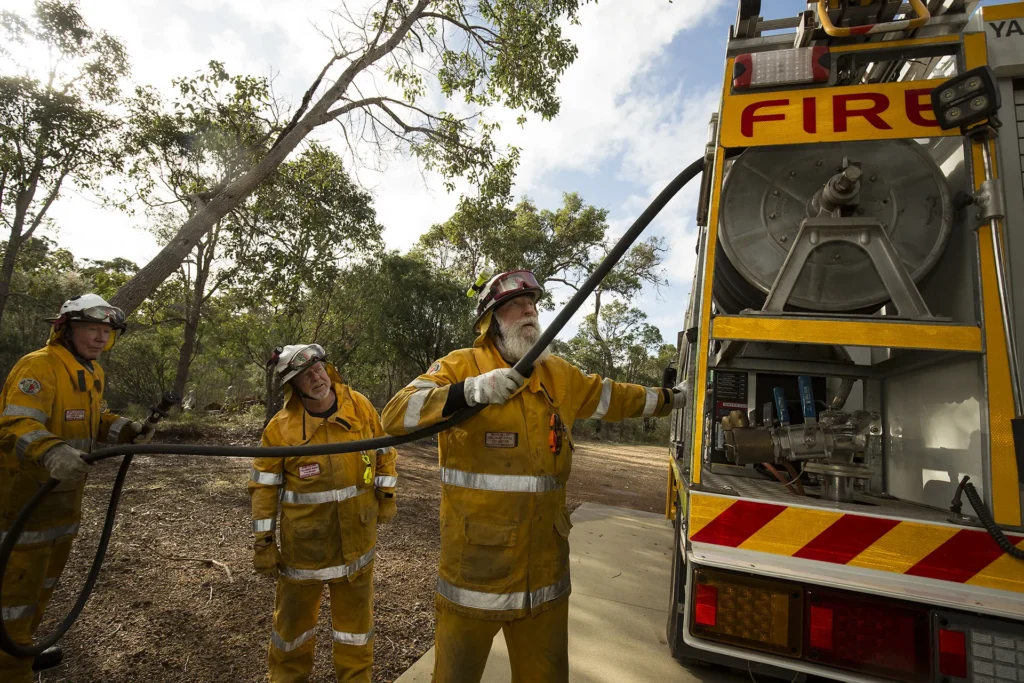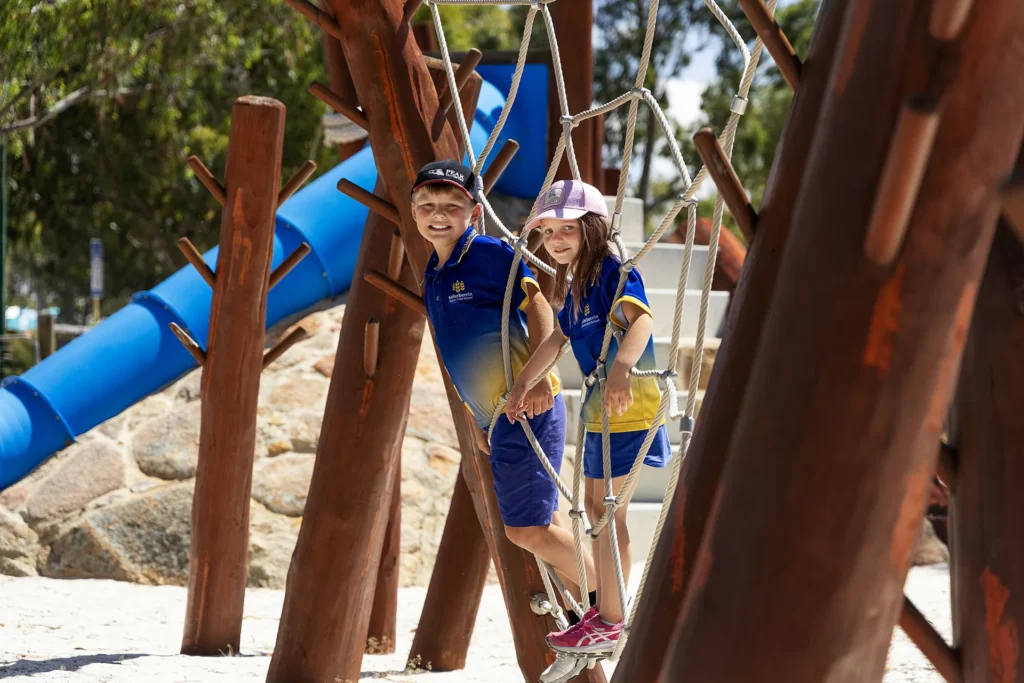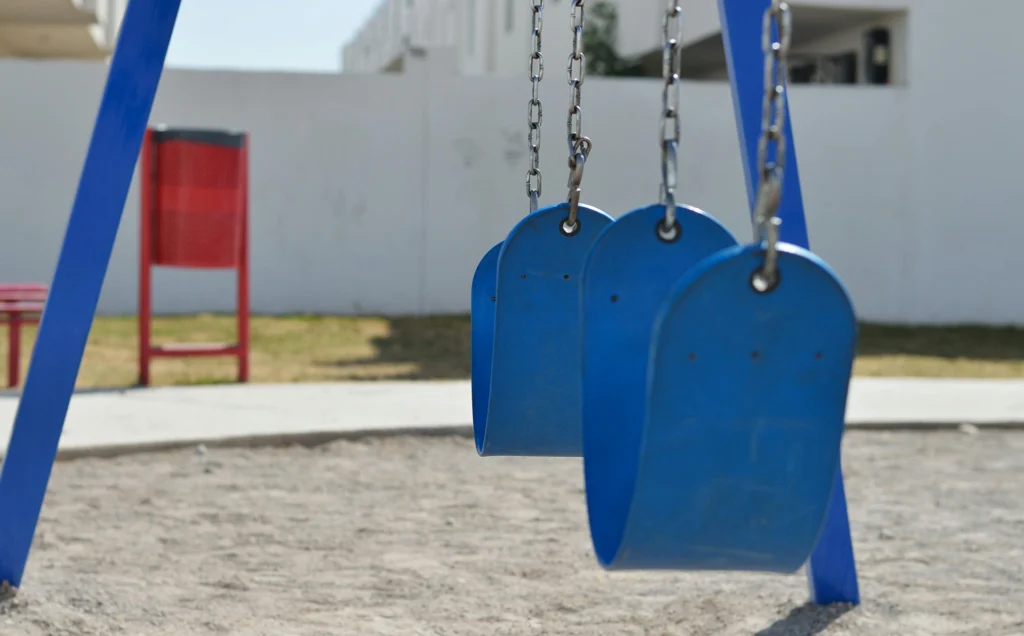Where we’ve been – Spring 2024
The 2024 WA Local Government Convention over 8 to 10 October was an excellent opportunity to chat with members and talk about the issues that matter to you. Over 650 delegates attended from across the state and we appreciated the effort many made to seek out our team to provide feedback and ask questions.






